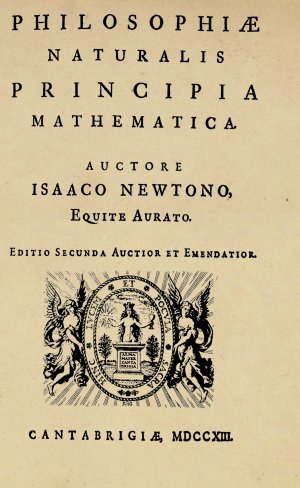Newton on Science and Religion

Newton argued that the central purpose of natural philosophy (the contemporary term for science) was to shed light on the nature and being of God. The best known of his statements to this effect occurred in the ‘General Scholium’ added to the 1713 second edition of his Principia Mathematica. Newton’s more outlandish and speculative scientific beliefs about the role of comets and the end of the world were expressed in his extraordinary conversation with John Conduitt at the start of 1725. There are only a handful of occasions where Newton is recorded to have laughed. One of these occurred when Conduitt got him to reveal that he thought the inner planets of the solar system would be devastated by a comet that would crash into the Sun and cause it to dramatically expand. Newton thought that there was life on other planets, and he told Conduitt that the 1572 and 1604 supernovas were the result of the same process happening in other star systems. Three decades earlier, he had told David Gregory that the satellites of Jupiter were proto-Earths that were ‘held in reserve’ by God to repopulate the solar system after the cometary cataclysm.
